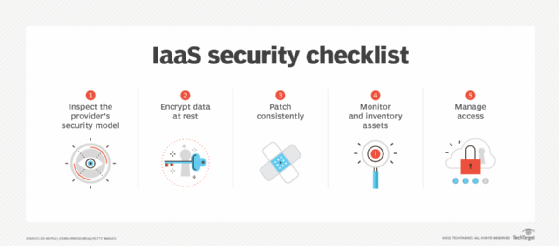-
Table of Contents
- Introduction
- Why Look beyond traditional CRM
- Top Alternatives for CRM
- Choosing your CRM Alternatives
- Potential Roadblocks
- Our insights
- Conclusion
Introduction
As the digital highway expands, isn’t it crucial for your business to keep pace? Today, customer relationship management (CRM) systems are the GPS for navigating complex customer interactions, but what if the traditional routes don’t align with your journey? This guide is your roadmap to exploring alternatives for CRM tailored for dynamic environments of small and medium businesses, CFOs, CTOs, and HR managers.
Why Look Beyond Traditional CRM?
In an era where agility and precision drive business success, sticking to conventional CRM solutions can sometimes feel like using an old map while driving a Tesla. Why settle when you can optimize? Let’s shift gears and explore CRM alternatives that can potentially turbocharge your customer management processes.
Top Alternatives for CRM: Driving Efficiency and Connectivity
Here’s a look at the top contenders that are redefining how businesses manage customer relationships:
- Social Media Management Software: Perfect for brands that thrive on social media engagement. This software transforms likes and comments into actionable insights, allowing you to steer customer sentiments positively and keep your brand’s reputation running smoothly.
- CRM Platforms: Consider these as the all-in-one toolkit for your customer management needs. From gathering customer data to analyzing behavior across sales channels, these platforms help you keep your business engine running without a hitch.
- Customer Service Software: Essential for businesses that prioritize customer support as a cornerstone of success. Streamline inquiries, manage tickets, and track satisfaction to ensure that your customer service doesn’t stall.
- Sales Automation Software: Automate your sales cycle, track interactions, and turbocharge your conversion rates with tools designed to put your sales process on the fast track.
- Email Marketing Software: An old-school method with a modern twist. Personalize your campaigns, analyze customer engagement, and drive conversions through targeted email strategies.
Exploring the Road Less Traveled: Innovative CRM Alternatives
- Mobile CRMs: For teams that need to manage customer relationships on the go. Equip your sales force with tools that work anywhere, from any device.
- Customer Journey Mapping: Get a bird’s-eye view of your customer’s journey. Understand pain points and delights to optimize the customer experience effectively.
- Customer Data Platforms (CDPs): These platforms offer granular control over data management, providing customization that traditional CRMs often lack.
Choosing Your CRM Alternative: What to Consider
Selecting the right CRM tool is like choosing a vehicle for a cross-country adventure. Here’s what to keep in mind:
- Cost: How much are you willing to invest? Balance your budget against the features and efficiencies gained.
- Features: What do you need to win the race? Ensure the tool matches your business requirements.
- Ease of Use: Is it user-friendly? A complicated tool can slow down your team more than a traffic jam on the freeway.
- Integration: Can it work seamlessly with your existing tools? Proper integration ensures no speed bumps on your business journey.
- Support: What kind of support does the provider offer? Good support can be the roadside assistance for your CRM journey.
Potential Roadblocks
Every road has its bumps, and CRM alternatives are no different. You might find that the learning curve is steeper than expected—a bit like switching from driving a sedan to a manual sports car overnight. Plus, overly relying on automation might make customer interactions feel less personal, like receiving a birthday card that’s obviously been auto-generated.
Our Insights on CRM Alternatives
Tamer Badr, the leading voice behind Singleclic, shares, “In today’s market, adapting quickly and efficiently to customer needs isn’t just an advantage, it’s a necessity. The right alternatives for CRM doesn’t just keep up with the business race; they set the pace.”
Conclusion
Navigating the world of CRM alternatives doesn’t have to be a solo journey. With the right tools, you can ensure that your business not only keeps pace with industry leaders but also sets new benchmarks in customer engagement and satisfaction. Remember, the goal isn’t just to drive; it’s to lead the race.
For more insights on leveraging technology to enhance customer relationships, explore our Blog for the latest trends and strategies. Ready to accelerate your CRM strategy? Choose wisely and drive your business to new destinations of success.










